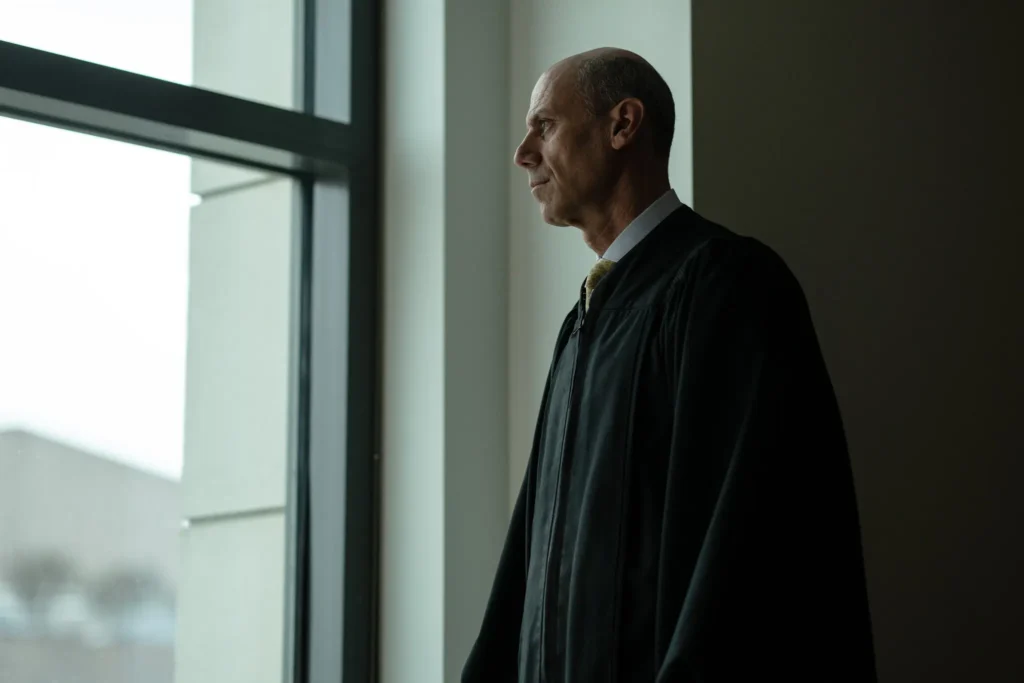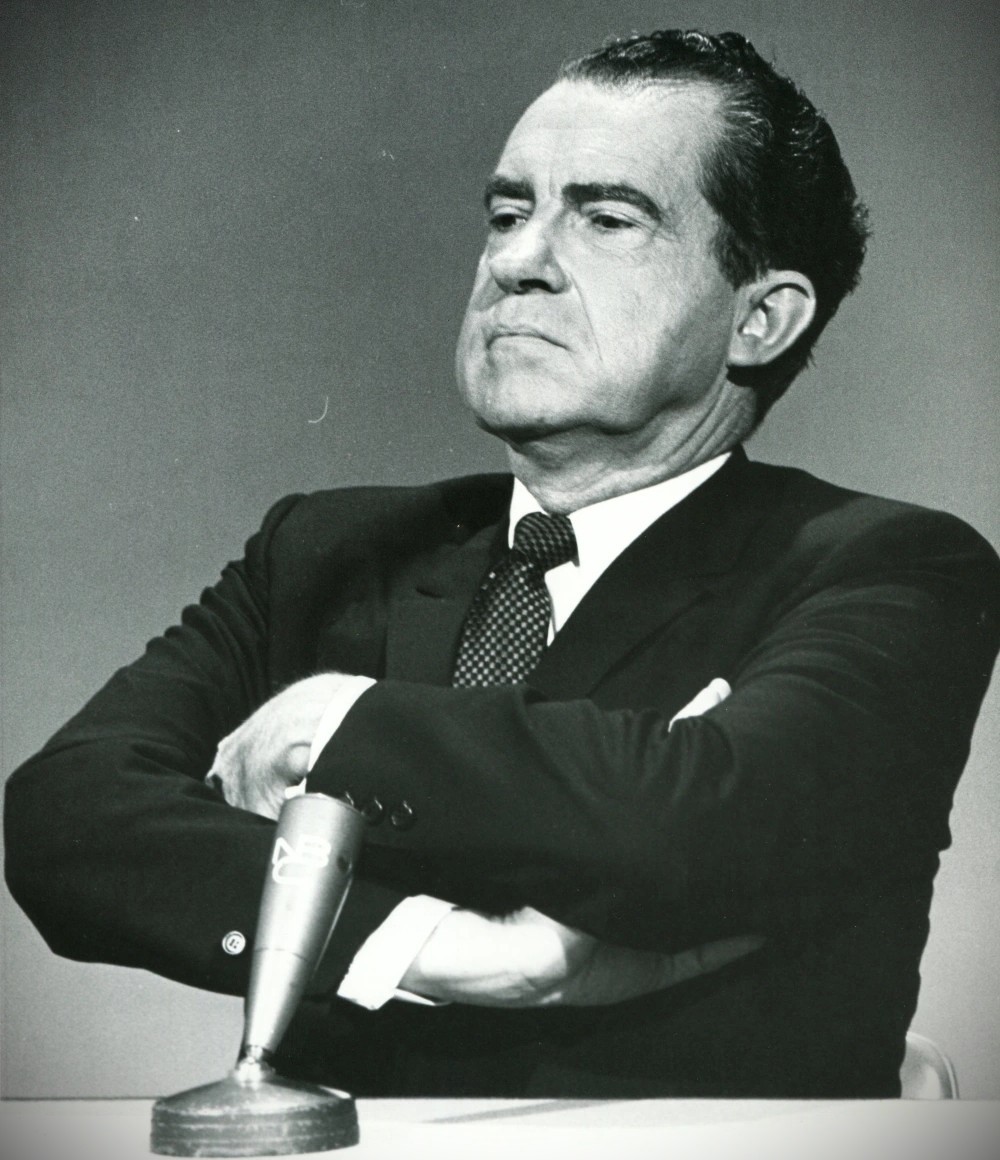
photo: Erin Schaff/The New York Times
It begins subtly. A shrug at a cruel remark. A laugh at behavior once considered beneath the dignity of the office. A dismissal of a fact, a bending of the truth. “It’s just rhetoric,” they say. “He’s just being himself.” Norms don’t break overnight. They erode—quietly, steadily—until what was once outrageous becomes routine.
But the temperature keeps rising.
In April, a federal judge in Washington, D.C., took the extraordinary step of launching a criminal contempt investigation into Trump administration officials. Their offense? Violating a direct court order by deporting more than 130 Venezuelan migrants without due process—just hours after Judge James E. Boasberg had explicitly barred such removals.
The administration didn’t just defy the order—they disregarded it with urgency. According to court records, planes carrying the migrants were not turned around, even though Boasberg had instructed that any flights already in the air be brought back to U.S. soil. The Justice Department ignored that, too.
And the temperature keeps rising.
At a hearing, Boasberg accused the Justice Department of acting in “bad faith” by rushing the deportations before legal obstacles could intervene. When asked who made the final decision to let the flights proceed, Deputy Assistant Attorney General Drew Ensign replied, “Your honor, I don’t know that.” The judge wasn’t buying it—and neither should we.
Boasberg made it plain: if those responsible don’t step forward, the court will compel them. If that fails, he will appoint an independent attorney to prosecute the contempt. In his words, allowing this kind of “willful disobedience of judicial orders” risks making a “solemn mockery” of the Constitution itself.
And the temperature keeps rising.
This isn’t simply a policy dispute. It’s a matter of principle: whether any branch of government—especially one that swears an oath to uphold the law—can ignore the judiciary without consequence. If one branch can choose which laws or court orders to follow, the constitutional balance is broken.
And the temperature keeps rising.
We’ve seen the warning signs. Journalists labeled enemies. Experts dismissed. Courts mocked. Universities threatened. Law firms forced to pay what amounts to ransom. Truth bent or buried. Loyalty valued more than integrity. All the while, people look the other way. “It’s politics,” they say. “It’s not perfect, but it’s our side.” In the meantime, the water gets warmer.
Conspiracies take hold. Violence is excused. Elections are challenged, not with facts but with fury. Public servants who defend the law face threats or are replaced with loyalists. The goal is no longer governance—it’s control.
And the temperature keeps rising.
Earlier this month, the President floated the idea of arresting California Governor Gavin Newsom—for having the audacity to send 2,000 state reservists to respond to unrest in Los Angeles.
Let that sink in. A sitting President threatening to jail a duly elected governor—not for breaking the law, but for doing his job.
And the temperature keeps rising.
We begin to forget what the water used to feel like. What it meant to expect decency from leaders. To put country above self. The lines blur. The bar lowers. The erosion becomes accepted.
Ethics doesn’t wear a partisan jersey. It’s foundational. When we tolerate lies, defiance, and disregard for the rule of law, we’re not just enduring the heat—we’re becoming complicit in it.
The frog doesn’t notice until it’s too late. But we’re not frogs. We still have time to act. We still have the power to demand better, to speak out, to stand up. We need to support senators and representatives who know that truth, justice, and responsibility, are essential to the fragile promise of democracy itself. They need our support to act.
We still have a choice: to stay silent in the heat, or speak up while it still matters.
Comments












